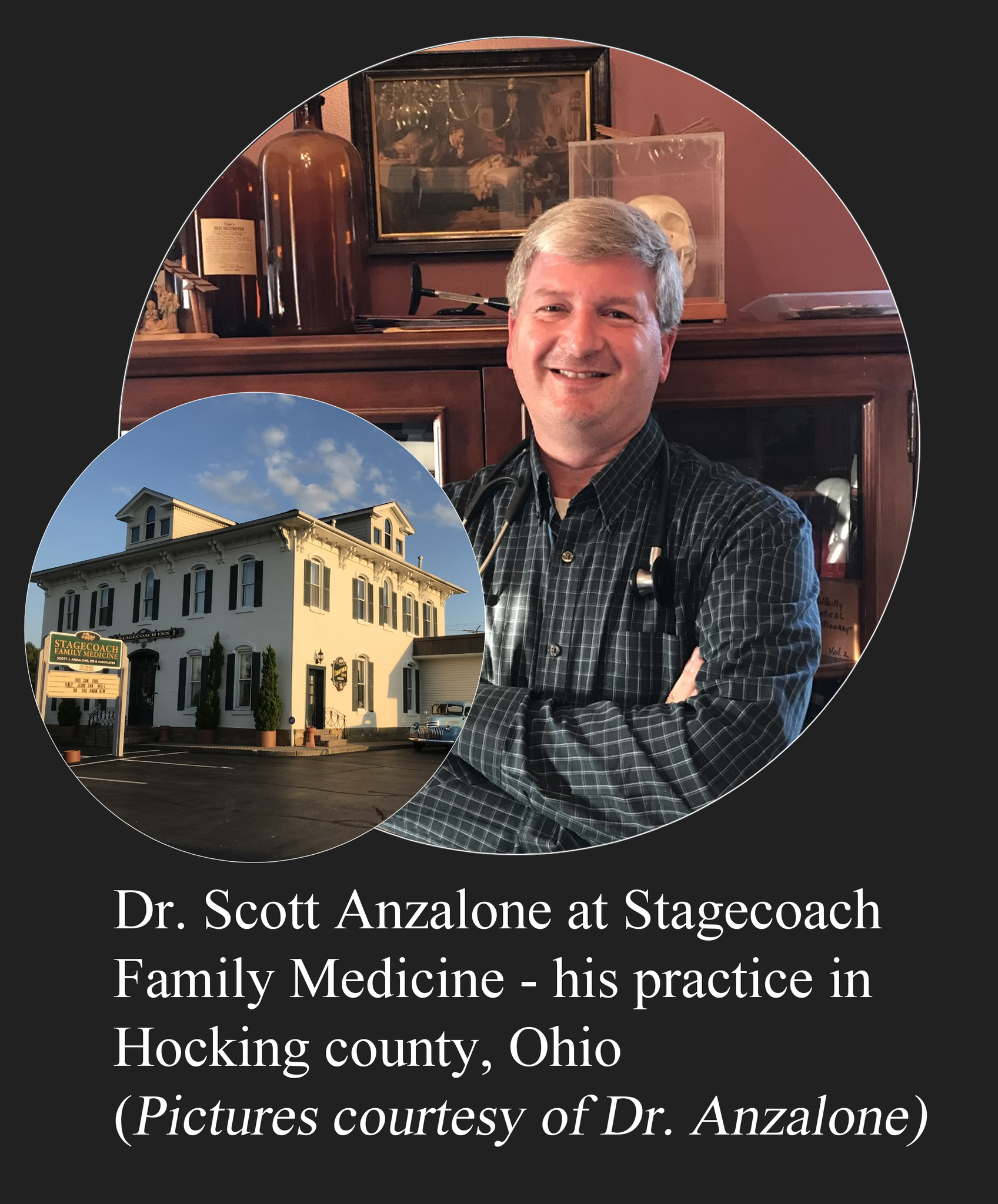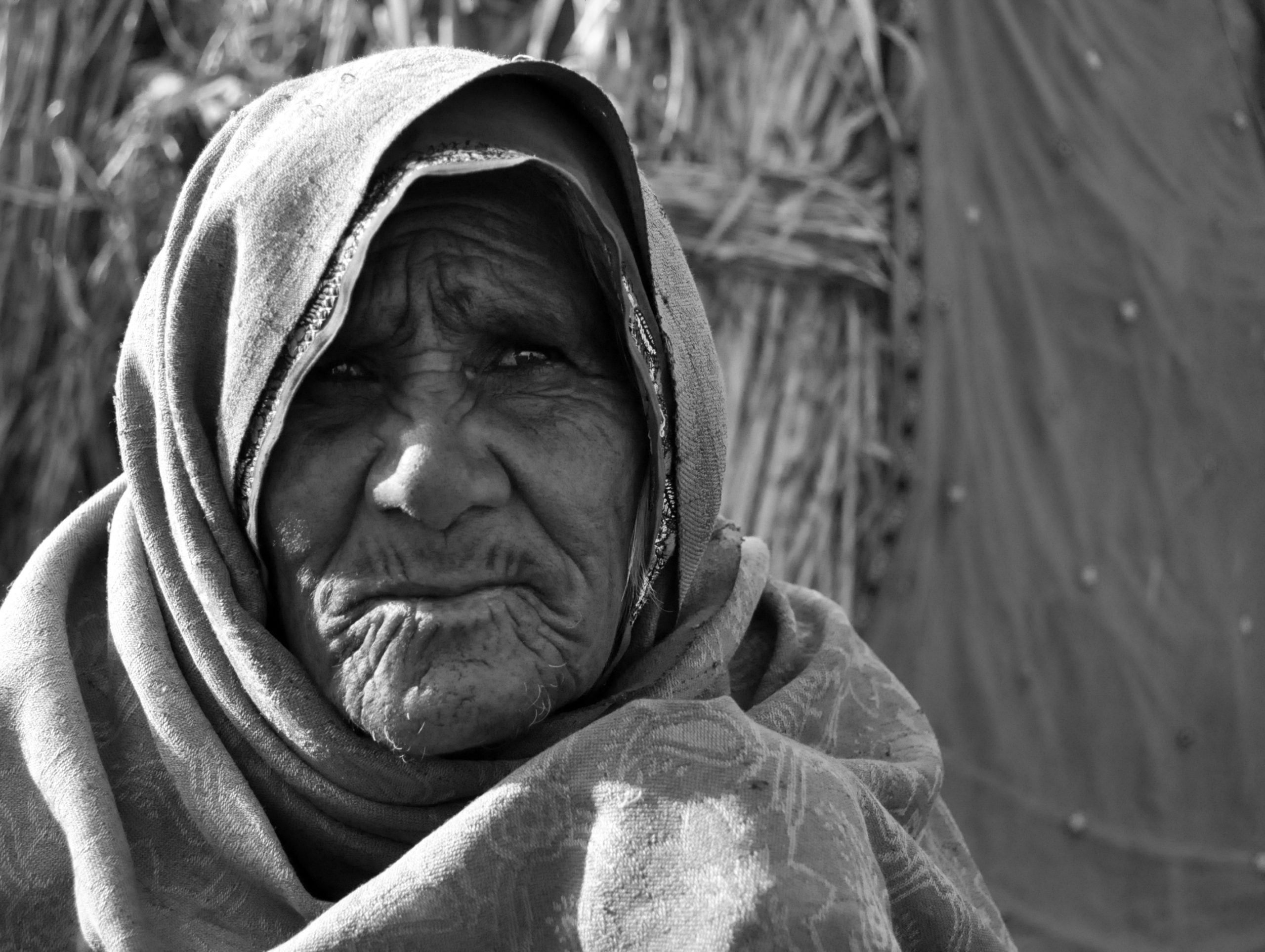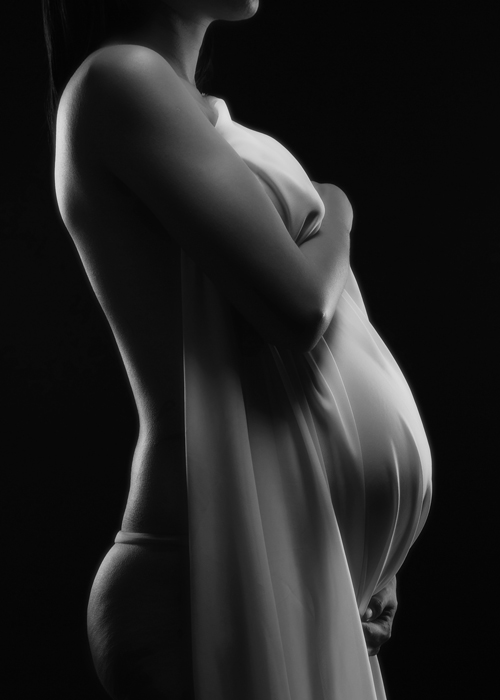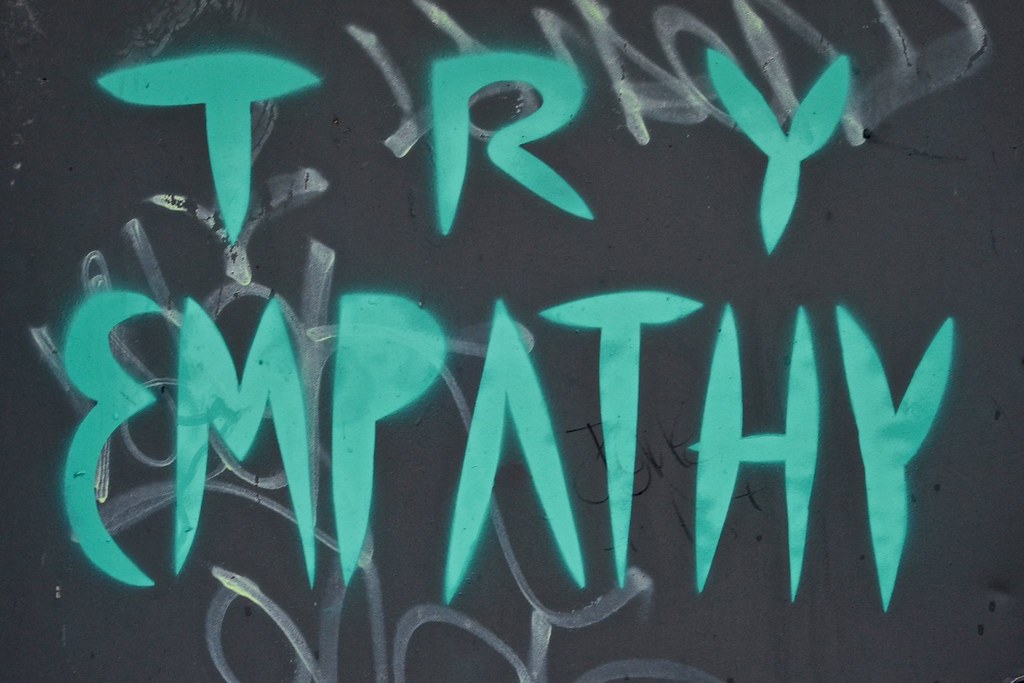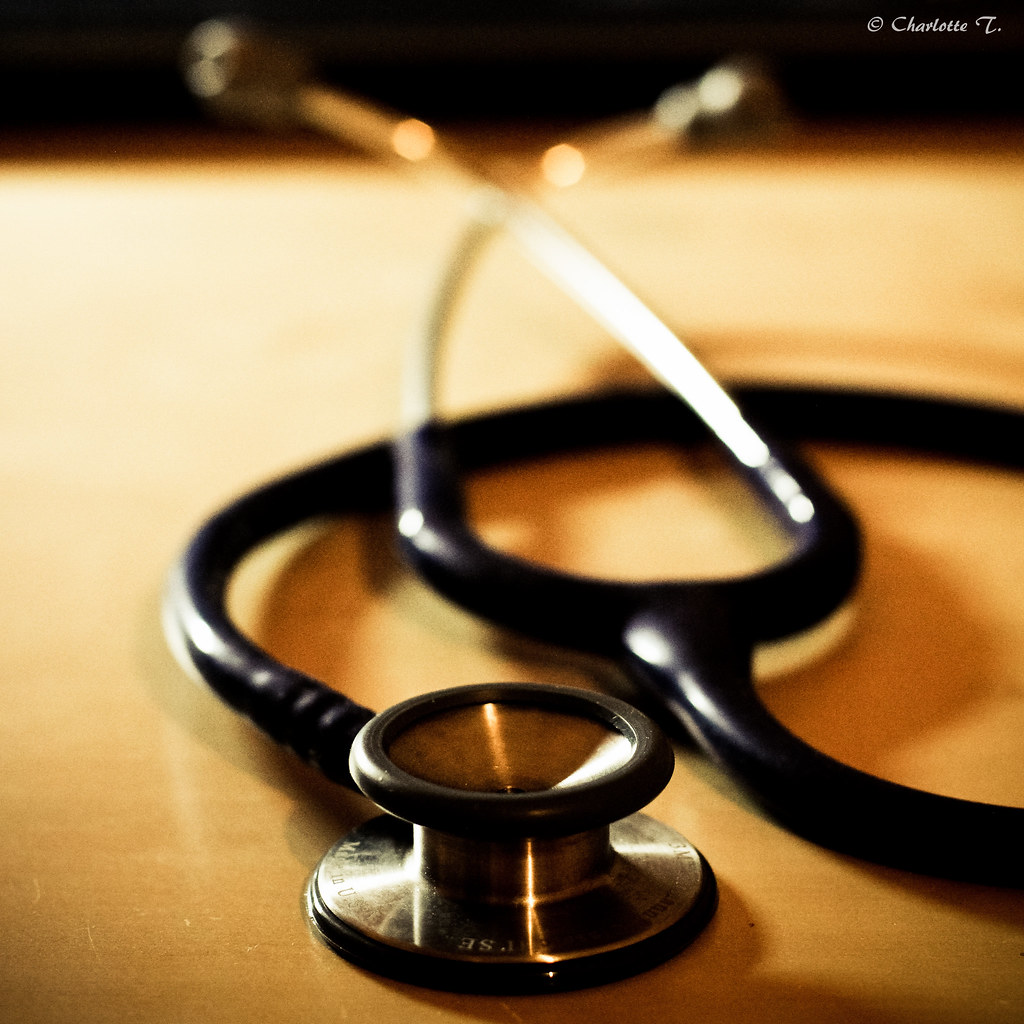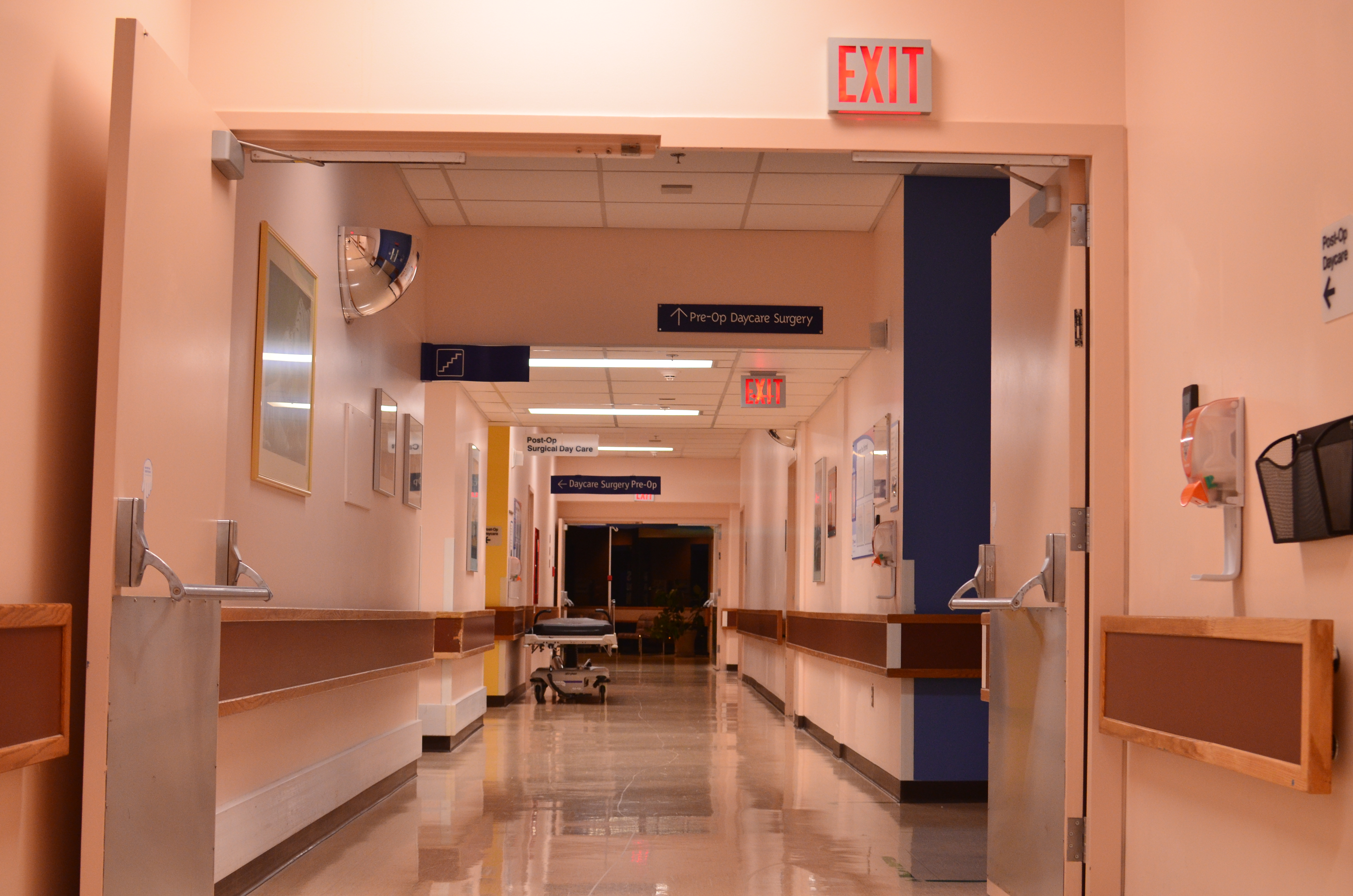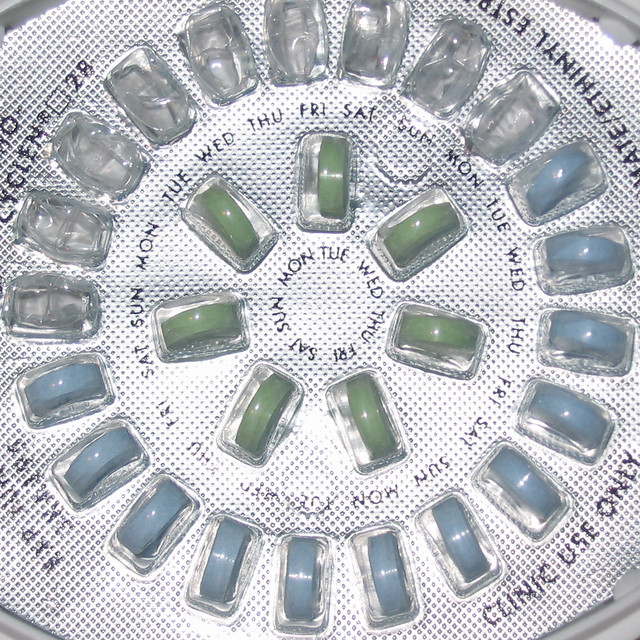Food and medicine in America: harms of industrialization, and paths to healing
Food production and distribution and medical training and care have been similarly corrupted due to the prioritization of profit and emphasis on end results that value volume over quality by implementing assembly-line-like protocols. This has led to a crisis in preventable chronic disease, and a dearth of primary care physicians; both crises can begin to be healed through the use of small-scale, community based efforts utilizing biodynamic regenerative agriculture and local farmer’s markets, and the provision of care by Direct Primary Care family physicians who can provide affordable and accessible whole-person, whole-life care.



